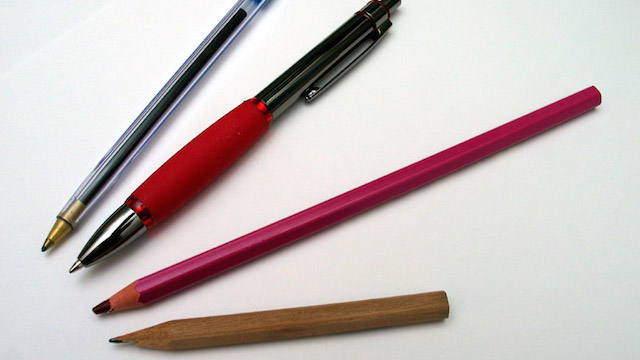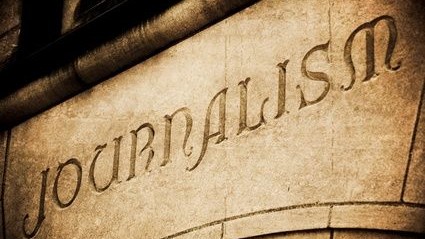These are five “classes” you should audit immediately.
As a TV reporter in a major market, I can easily get myopic about my job if I so choose. I can focus on the inner workings of Atlanta, the politics of my station and its competitors, and whatever story happens to sit in front of me at the time.
But I always aim to fight that instinct. Instead, in addition to working hard on my various stories, I strive to both improve my skills and examine my industry.
I find, in the blogosphere, a perfect catalyst.
One need not look far to find a sea of worthy blogs about journalism, and some of my favorites come from those who teach. Professors and educators often provide perspectives that are both thoughtful and prescient; in many ways, they get paid to look ahead. I always appreciate those who take time to instruct not just their students, but anyone with the Internet and an open ear.
Here are five of my favorites, all of whom post regular if not semi-regular updates:
Jay Rosen, New York University: The founder of PressThink, Rosen will next year hit his 30th anniversary on the journalism faculty at NYU. His blog succeeds in part because of Rosen’s own knowledge and experience, which comes through whether discussing the White House Correspondents Association or Facebook’s Newsfeed. But Rosen truly stands out because of his willingness to collaborate: his posts nearly always feature links to other articles, alternative perspectives, or background posts that enhance his own reasoning.
Meg Heckman, University of New Hampshire: Here is another great blog for mere thought expansion. Heckman writes about a diverse array of topics, and she finds inventive, informative ways of presenting herself. Her most recent post as of this writing, an inside look into her work as a juror for this year’s Pulitzer Prizes, is a must-read.
Shawn Montano, Emily Griffith Technical College: From the heartland of Colorado comes one of the strongest how-to web sites for anyone who edits video. Montano fills his Edit Foundry blog with real-life, step-by-step examples of editing at its finest; I read every post, and I always walk away with valuable insight.
Joy Mayer, University of Missouri: An associate professor at Mizzou, Mayer constantly offers informative looks at modern-day journalism. She focuses predominantly on technology and community, both of which are rising factors on the current landscape.
Robert Hernandez, University of Southern California: He posts less frequently than the others, but Hernandez makes up for it with lively work that delves into the power of social media, language, technology, and devices. His is a look into the future of journalism — and an entertaining look at that.
Matt Pearl is the author of the Telling the Story blog and podcast. Feel free to comment below or e-mail Matt at matt@tellingthestoryblog.com. The photo above is “Different types of pens” by .janneok. – Own work. Licensed under CC BY-SA 3.0 via Wikimedia Commons.

